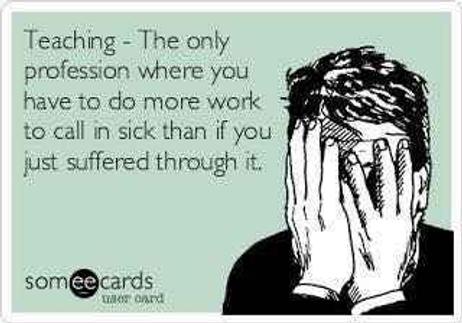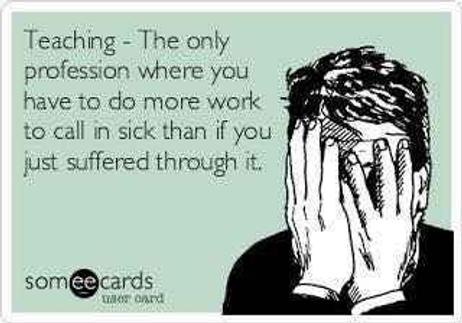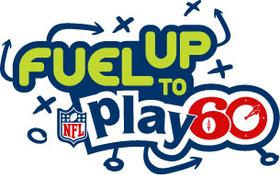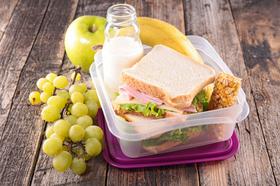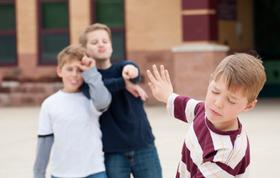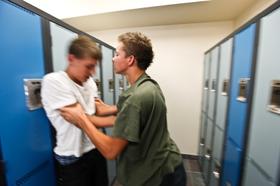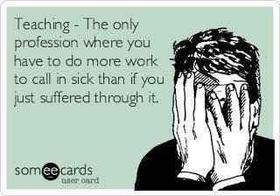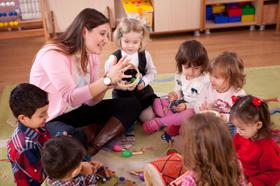Parent volunteers have long played a vital role in public schools. From serving on the PTA to planning the class party, parents that give of their time, energy, and talents are often responsible for making the public school system what it is for the students. However, few parents who immerse themselves in class volunteer projects realize the far-reaching benefits those few hours provide. Check out these ten ways parental involvement improves school performance for students and schools.
Positive Early Start
Parents are the first teachers which children have, according to a report in the Tahlequah Daily Press. This gives parents the unique opportunity to positively influence students before the first school bell ever rings. By tackling those early learning issues head-on, parents are also better prepared to get involved with their children’s schooling once they head off to public schools.
‚ÄúThere is an obvious difference in children who have participated in activities from an early age,‚Ä� Susan VanZant, the principal at Greenwood Elementary School in Oklahoma, told the Daily Press. VanZant added that the advantages can continue if parents remain in contact with the teacher throughout their child‚Äôs schooling.
‚ÄúThe teacher is always the first go-to person, especially with questions about curriculum,‚Ä� VanZant explained. Teachers can also be the best contact for questions about discipline, behavior, and social issues unless another school employee is specifically appointed for this purpose. For example, Greenwood




